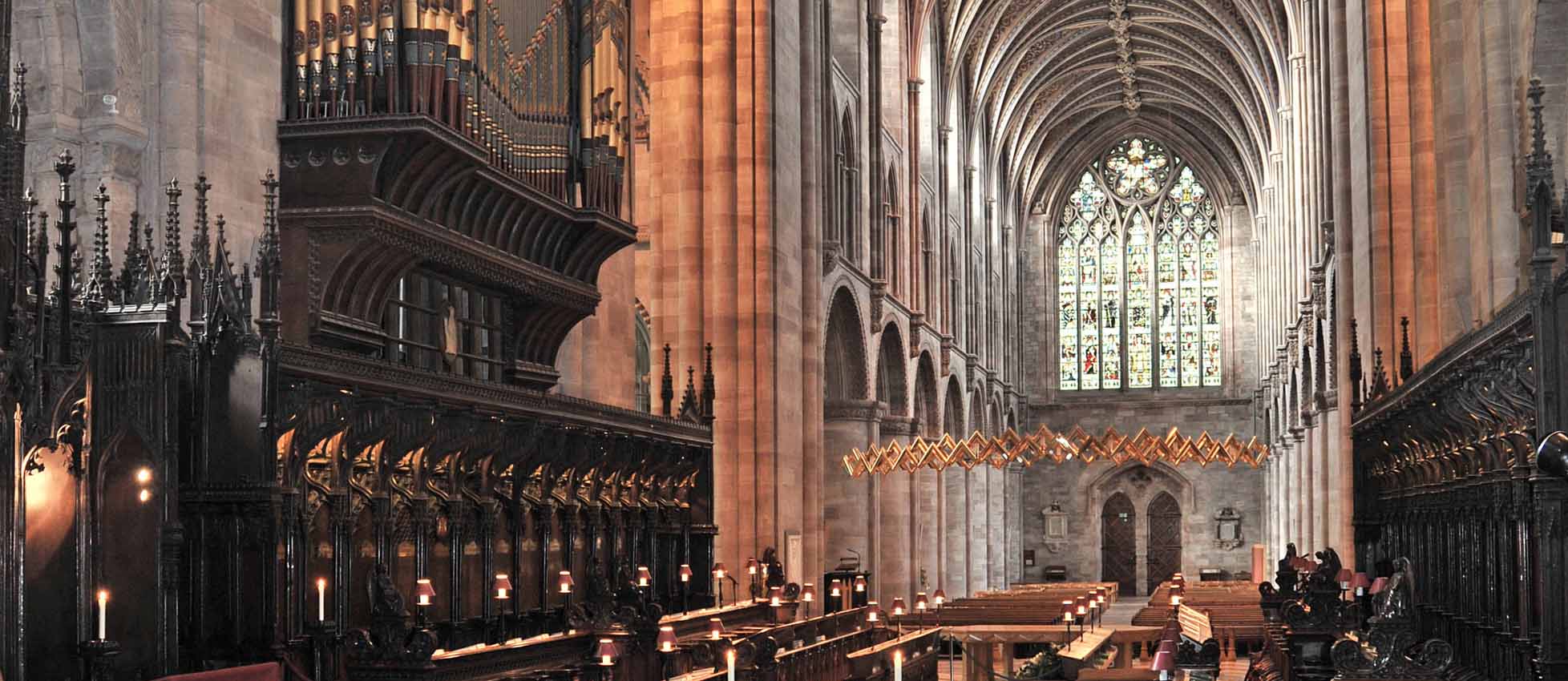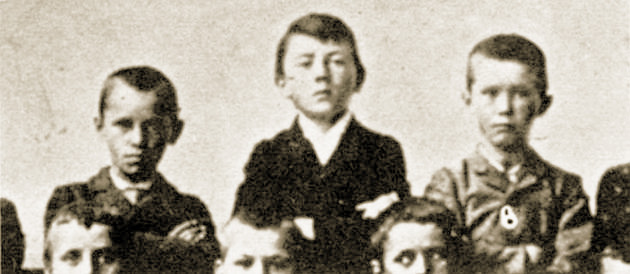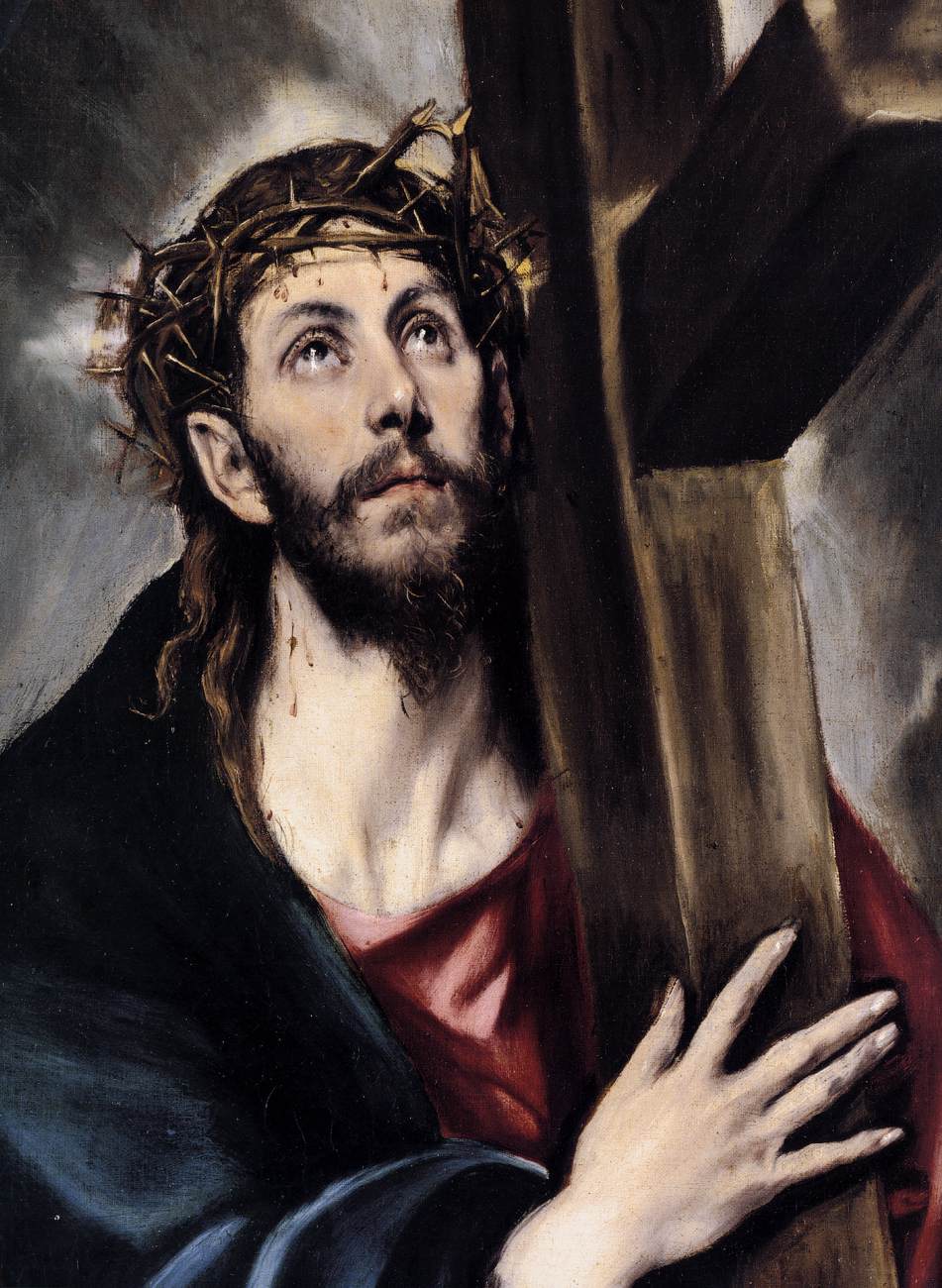25th October 1941, evening
SPECIAL GUESTS: REICHSFUEHRER SS HIMMLER AND SS GENERAL HEYDRIGH
Jews responsible for two world wars—How past civilisations are effaced—Christianity and Bolshevism, aim at destruction—The Catholic Church thrives on sin—Accounts to be settled.
From the rostrum of the Reichstag I prophesied to Jewry that, in the event of war’s proving inevitable, the Jew would disappear from Europe. That race of criminals has on its conscience the two million dead of the First World War, and now already hundreds of thousands more. Let nobody tell me that all the same we can’t park them in the marshy parts of Russia! Who’s worrying about our troops? It’s not a bad idea, by the way, that public rumour attributes to us a plan to exterminate the Jews. Terror is a salutary thing.
The book that contains the reflections of the Emperor Julian should be circulated in millions. What wonderful intelligence, what discernment, all the wisdom of antiquity! It’s extraordinary.
With what clairvoyance the authors of the eighteenth, and especially those of the past, century criticised Christianity and passed judgment on the evolution of the Churches! People only retain from the past what they want to find there. As seen by the Bolshevik, the history of the Tsars seems like a blood-bath. But what is that, compared with the crimes of Bolshevism?
There exists a history of the world, compiled by Rotteck, a liberal of the ‘forties, in which facts are considered from the point of view of the period; antiquity is resolutely neglected. We, too, shall re-write history, from the racial point of view. Starting with isolated examples, we shall proceed to a complete revision.
It will be a question, not only of studying the sources, but of giving facts a logical link. There are certain facts that can’t be satisfactorily explained by the usual methods. So we must take another attitude as our point of departure. As long as students of biology believed in spontaneous generation, it was impossible to explain the presence of microbes.
* * *
What a certificate of mental poverty it was for Christianity that it destroyed the libraries of the ancient world! Graeco-Roman thought was made to seem like the teachings of the Devil. Christianity set itself systematically to destroy ancient culture. What came to us was passed down by chance, or else it was a product of Roman liberal writers. Perhaps we are entirely ignorant of humanity’s most precious spiritual treasures.
Who can know what was there? The Papacy was faithful to these tactics even during recorded history. How did people behave, during the age of the great explorations, towards the spiritual riches of Central America? In our parts of the world, the Jews would have immediately eliminated Schopenhauer, Nietzsche and Kant.
If the Bolsheviks had dominion over us for two hundred years, what works of our past would be handed on to posterity? Our great men would fall into oblivion, or else they’d be presented to future generations as criminals and bandits.
Methods of persuasion of a moral order are not an effective weapon against those who despise the truth—when we have to do with priests, for example, of a Church who know that everything about it is based on lies, and who live by it. They think me a spoil-sport when I rise up in their midst; indeed, I am going to spoil their little games.





